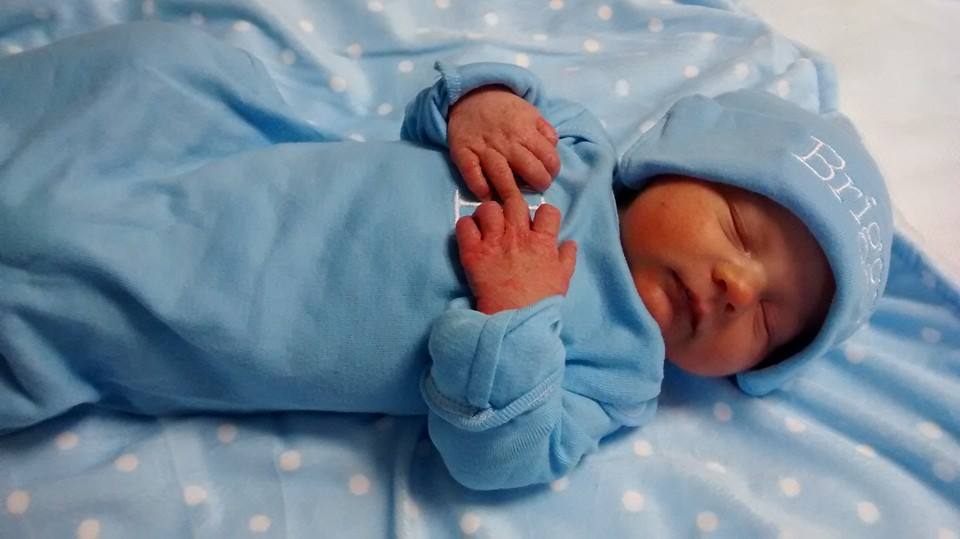 A few weeks ago I received a strange text from my cousin. He wanted to know if I would be interested in trying out for a game show called Family Feud. Of course my instant reply was “YES!” We had to put in some effort up front and submit our interest. We got together and created little jingles for each person to sing to introduce themselves and did some humorous stuff to try to stand out, then we submitted our video and waited.
A few weeks ago I received a strange text from my cousin. He wanted to know if I would be interested in trying out for a game show called Family Feud. Of course my instant reply was “YES!” We had to put in some effort up front and submit our interest. We got together and created little jingles for each person to sing to introduce themselves and did some humorous stuff to try to stand out, then we submitted our video and waited.
Within a few weeks we received a note asking us to come and audition in person, and I found myself in beautiful Birmingham, Alabama on a Saturday afternoon surrounded by hundreds of other families hoping for a shot at getting on the Family Feud game show.
As luck would have it, we were one of the first few families to turn in our paperwork, so we quickly had our shot at the practice audition.
As the team captain, I jumped up to introduce my family and then we got into the practice game. Let me tell you this: the practice is much harder than you might think. It is fast-paced, and without a scoreboard you can’t tell what answers have been guessed already. Our two questions were “What sport should you not do if you’re not a good swimmer?” and “Name something people do around the house naked.” Yes, really.
We played two practice rounds against the other family and won both of them. Afterward we left for dinner, hoping that our performance and winning charm were enough to get us an invite onto the actual show. We are still within the notice period to find out if we will be invited, but as I thought about the experience this week I realized there were some interesting lessons I learned that I would like to share.
- The goal of the producer on site is to make a very quick judgment about the families playing. They want families that will do well on camera, not freeze up, and entertain the audience. Making quick judgments is difficult to do and is often fraught with incorrect decisions, but we often have to do the same with limited information. Bottom line: know where to look for clues and insights, make the call, and move on. No wasting time second guessing or evaluating sunk costs.
- They were quick to tell everyone that winning in practice didn’t ensure a spot on the show. They were more interested in chemistry and engagement than in results. I thought that was a good argument for focusing not just on the “what” but also on the “how.”
- As I said, practice was harder than the actual show, because some of the visual cues and timing were completely haywire. This translates to us making our training and “practice” harder than real life so our people can be ready for whatever their day throws at them.
- Embarrassing but true: the question was, “What sport should someone not do if they are not a good swimmer?” We guessed some really good responses: surfing, triathlons, synchronized swimming, water polo… But not a single one of us said swimming, which was the number one answer. When we have to make snap judgments and quick decisions, the easy stuff is often forgotten in the rush. Don’t overlook simple answers in a rush to be “right” or to be first.
I’m hoping that we can get onto the show so I can share more about that experience, but for now, that’s what I have to offer. :-)
 I may be the only person who accidentally sends emails on a regular basis, but in case I’m not, I have recently started doing something that really helps me to avoid that little problem.
I may be the only person who accidentally sends emails on a regular basis, but in case I’m not, I have recently started doing something that really helps me to avoid that little problem.


